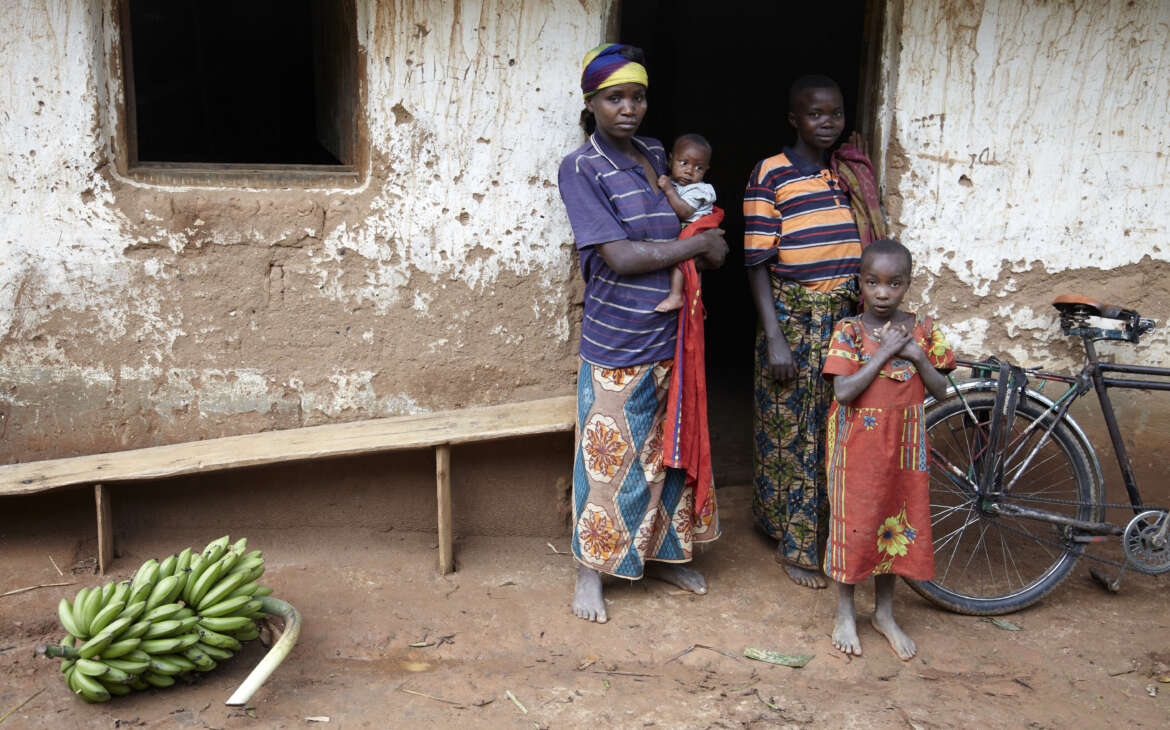Scholarships alone rarely transform lives. While providing tuition support removes one significant barrier to education, it often leaves students struggling with myriad other challenges from empty stomachs that hinder concentration to emotional traumas that distract from learning.
The lack of professional guidance to absent support systems. At Future Seeds Foundation, we’ve observed that educational funding in isolation frequently fails to address the complex web of obstacles facing Ghana’s most vulnerable children.
That’s why we’ve pioneered a comprehensive model that attacks poverty from multiple angles simultaneously, recognizing that education and poverty are interconnected in ways that demand holistic solutions. Our approach doesn’t just open classroom doors it builds complete pathways out of poverty.
The Five Pillars of Support
Our holistic model rests on five essential pillars, each addressing critical aspects of a child’s development and well-being:
Educational Support: Beyond Just Tuition
Scholarships form the foundation to support educational, we extend far beyond mere tuition coverage. Our educational pillar includes providing school uniforms which are mandatory yet financially burdensome for many families.
We supply textbooks, notebooks, and essential learning materials that many students would otherwise go without.
Additionally, we organize after-school tutoring programs specifically designed to help students overcome learning gaps common in under-resourced schools. For many children in rural Ghana, these supplemental materials and services mean the difference between passive classroom presence and active, engaged learning.
Financial Aid: Micro-Grants and Their Impact
Education creates long-term opportunity, but immediate financial pressures often force children to abandon their studies. Our micro-grant program provides strategic financial support to families, allowing parents to develop sustainable income sources while their children remain in school.
These grants typically fund small business initiatives or vocational training for parents or older siblings. By stabilizing family finances, we remove the pressure on children to contribute economically, allowing them to focus on education rather than survival.
Emergency Relief: Addressing Immediate Barriers
Acute crises can derail educational progress in an instant. Our emergency relief program responds quickly to immediate needs providing food during shortages, securing temporary housing during displacements, or supplying essential medicines during health emergencies.
By addressing these urgent barriers when they arise, we prevent temporary hardships from causing permanent educational abandonment. This safety net ensures that short-term crises don’t lead to long-term educational casualties.
Mentorship: The Guidance Component
Many of our students lack role models who have navigated educational systems successfully. Our mentorship program pairs students with accomplished Ghanaians who provide not just academic guidance but life wisdom and emotional support.
Mentors help students see beyond immediate challenges toward future possibilities, while offering practical advice on educational and career pathways. This relationship-based support builds resilience and aspiration qualities essential for breaking intergenerational poverty cycles.
Orphanage Support: Comprehensive Care
Children without parental support face particularly steep challenges. Our orphanage support program ensures these most vulnerable children receive comprehensive care from school fees and supplies to clothing, nutrition, and psychological support.
We work closely with orphanage partners to create family-like environments where children can heal from trauma while developing academically and socially. This specialized support acknowledges the unique obstacles faced by children without family safety nets.
Ama’s Journey
Ama’s story illustrates our holistic approach in action. When we first met her at age 12, she was on the verge of dropping out of school despite her academic potential. Her father had recently passed away, leaving her mother struggling to support five children. Through our program, Ama received a scholarship covering her tuition and school supplies, removing the immediate educational barrier.
However, it was our emergency food support during a particularly difficult period that prevented her family from requiring her to work instead of study. A micro-grant helped her mother establish a small market stall selling prepared foods, creating sustainable family income. Meanwhile, Ama’s mentor, a female engineer, provided both academic guidance and emotional support during her grief process.
Today, six years later, Ama is preparing to enter university to study computer science.
“What made the difference wasn’t just the scholarship,” she explains. “It was knowing someone cared about all parts of my life not just my grades but my heart, my family, and my future.”
Research-Backed Approach
Our holistic model is grounded in evidence from development studies worldwide. Research from the Abdul Latif Jameel Poverty Action Lab (J-PAL) demonstrates that multi-faceted support programs yield substantially higher educational outcomes than single-intervention approaches.
Similarly, longitudinal studies from the World Bank indicate that addressing non-academic barriers alongside educational support increases program effectiveness by 40-60%.
Our approach aligns with these findings by targeting the multiple, interconnected obstacles that maintain poverty cycles. By simultaneously addressing immediate needs (emergency relief), medium-term stability (financial aid), and long-term development (education, mentorship), we create comprehensive pathways out of poverty that research indicates are most effective for sustainable change.
Growing Stronger Futures
Our vision for the future is ambitious yet clear to expand this holistic model to every region in Ghana, creating interconnected support systems that lift entire communities out of poverty through education and comprehensive care. The cycle-breaking power of this approach extends beyond individual beneficiaries to transform families and eventually communities.
You can join this transformative work through donations, volunteering as a mentor, or partnering with us as a business or educational institution. Together, we’re not just funding education—we’re building complete pathways from poverty to possibility, one child at a time.



